24 November, 2022
Why are we postponing motherhood more and more?

Discussing about assisted reproduction is becoming more common in many of the conversations we may have within our circle of friends and with our own families, and part of this is due to the fact that the number of couples and women who resort to clinics to achieve pregnancy is on the rise.
Unlike a few years ago, when mentioning the impossibility of achieving pregnancy and having to resort to a specialist was almost a taboo subject, today it is becoming an increasingly normalized situation.
As for the reasons behind this scenario and the reasons why many women do not achieve pregnancy naturally, there is no doubt that the age at which we seek pregnancy is the main factor contributing to this increase in the number of patients who resort to assisted reproduction clinics.
WHY ARE WE INCREASINGLY CONSIDERING PREGNANCY AT AN OLDER AGE?

The age of the woman is the main cause of infertility which we encounter daily in our consulting rooms.
In general, factors such as the quest for economic, employment or even personal stability, or the absence of a partner, are the most common reasons why we are increasingly postponing the age for getting pregnant.
However, our biological age is not at all matched by our reproductive age, so to speak. It is important for women to know and be aware that, as we age, our reproductive capacity decreases significantly.
Therefore, both the quantity and quality of the oocytes that we produce in each menstrual cycle begins to decrease as we grow older. From the age of 35, approximately, this drop begins to show, becoming more pronounced around the age of 37 and truly alarming around the age of 40, when the possibilities of achieving pregnancy in a natural way or even with our own oocytes are very low.
WHAT ARE MY REPRODUCTIVE ALTERNATIVES IF I DO NOT ACHIEVE PREGNANCY NATURALLY?
When we discuss the relationship between age and pregnancy possibilities with our patients, one of the questions we are often asked is if they actually will not be able to become mothers after the age of 40.
As a matter of fact, we cannot provide a categorical answer, since natural pregnancies do occur in women over the age of 40, but we must assume that the chances of achieving it naturally are really slim.
In this case, In Vitro Fertilization treatments or ovodonation have a higher success rate as regards the process of trying to achieve pregnancy.
Simply explained, In Vitro Fertilization (IVF) consists of the fertilization of the oocyte of the patient with the sperm of her partner, if she has one, or using the sperm of a donor, in our laboratories. This way, we obtain the embryos that will be transferred to the uterus of the patient in the hope of achieving pregnancy.
However, we find cases in which In Vitro Fertilization treatments are unsuccessful and consequently the patient does not achieve pregnancy. In these cases, we have the possibility of resorting to the oocytes of a younger donor.
The ovodonation treatment is very similar to In Vitro Fertilization with the difference that the oocyte that we will fertilize in our laboratory will be from a younger donor, which will increase our chances of obtaining quality embryos free of any abnormality that would prevent their implantation or development, thus increasing our chances of achieving pregnancy.
These treatments are generally recommended for women with early menopause, with one or both ovaries damaged or absent, carriers of inherited chromosomal abnormalities, with inadequate response to ovarian stimulation medication, or who have failed several IVF attempts, for any number of reasons.
HOW IS THE SELECTION OF DONORS FOR THE OOCYTE DONATION TREATMENT PERFORMED?
First of all, it is important to underline that, in Spain, and in accordance with the current Assisted Reproduction Law, oocyte donation is totally anonymous.
As stipulated by the legislation itself, all aspiring donors must undergo a series of physical, medical and psychological tests, conducted in the actual assisted reproduction clinics, and must be between 18 and 35 years of age. These tests and evaluations are mandatory to discard the possibility of congenital diseases, malformations and sexually transmitted diseases.
When the time comes that we need to resort to the oocytes of these donors, their selection is made based on the phenotypic characteristics of the patient, namely hair colour, eye colour, blood group, nationality, race and other features.
In addition, at HC Fertility, and at the request of patients, we offer the possibility of performing a genetic “matching” between the female donor and the male member of the couple, allowing us to select the ideal donor and thereby prevent the appearance or transmission of genetic diseases. In this case, the test is performed on the male member of the couple and the donor.
It is important to understand that each case is unique, and that, nowadays, there are different treatment alternatives that can help you in each particular situation. What may be the best option for one patient may not be the best option for another, which is why consulting with a specialist is essential.
DO YOU HAVE ANY QUESTIONS OR WOULD YOU LIKE TO RECEIVE MORE INFORMATION ABOUT ANY OF OUR TREATMENTS?
Do not hesitate to contact our specialists at HC Fertility to clarify any doubts you may have!

Back to blog
In other news

2 March, 2023
Endometriosis: what are its main symptoms and treatment?
Currently, endometriosis affects 1 in 10 women during their reproductive years. While the exact orig...
[Continue reading ]28 July, 2021
Your egg donation treatment in Marbella, Spain
The color of the sky, the smell of the sea, a place surrounded by gardens so that you can have this ...
[Continue reading ]


